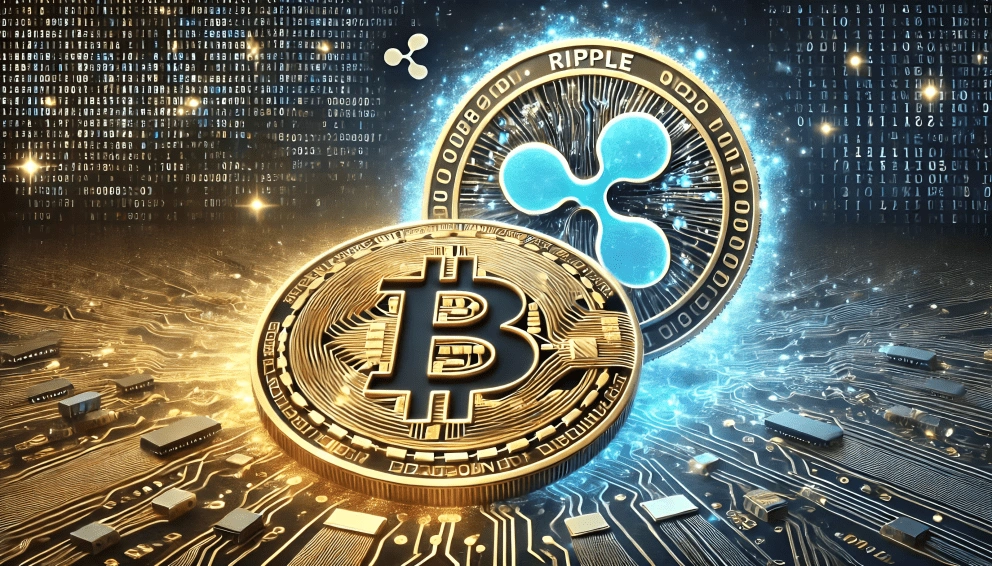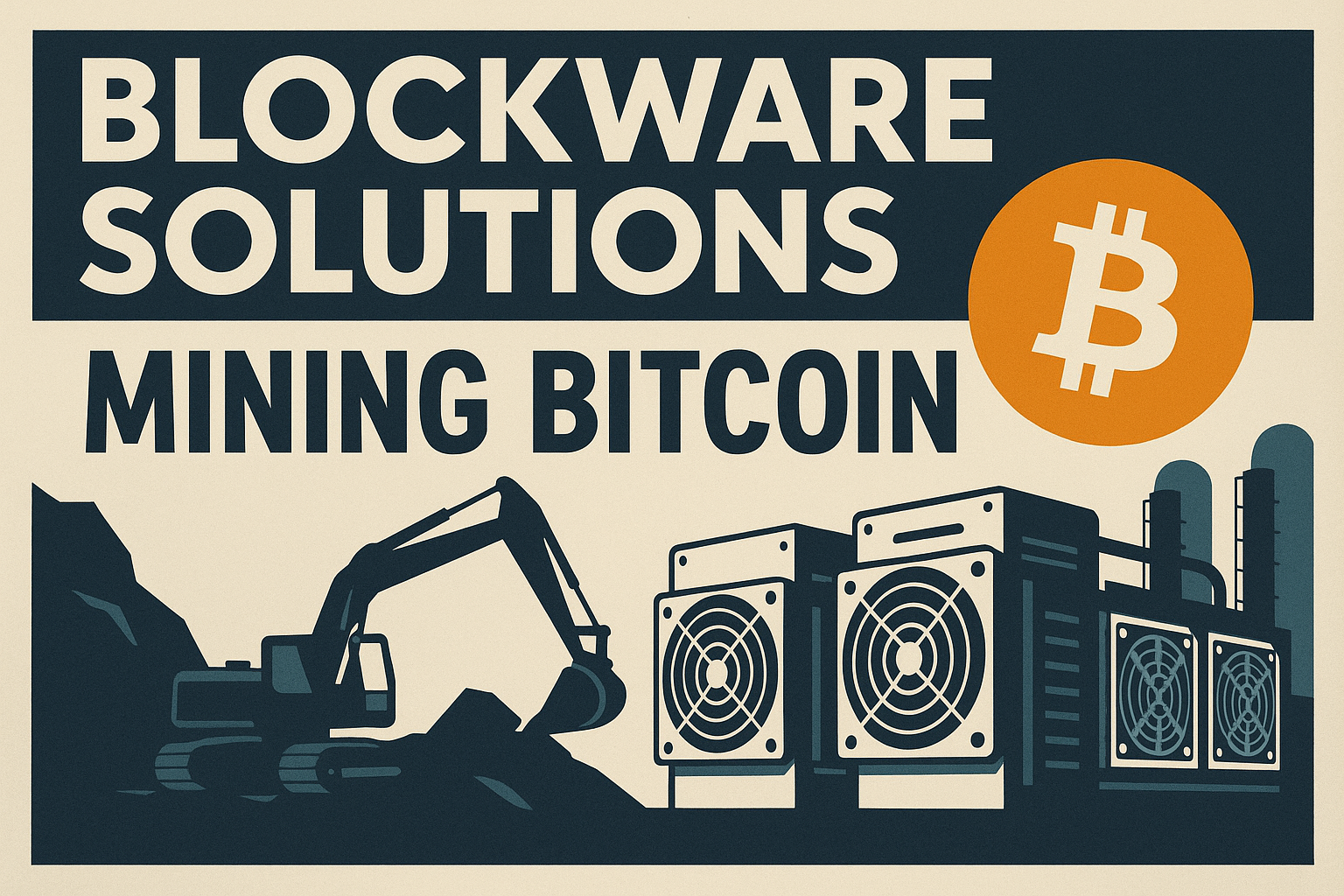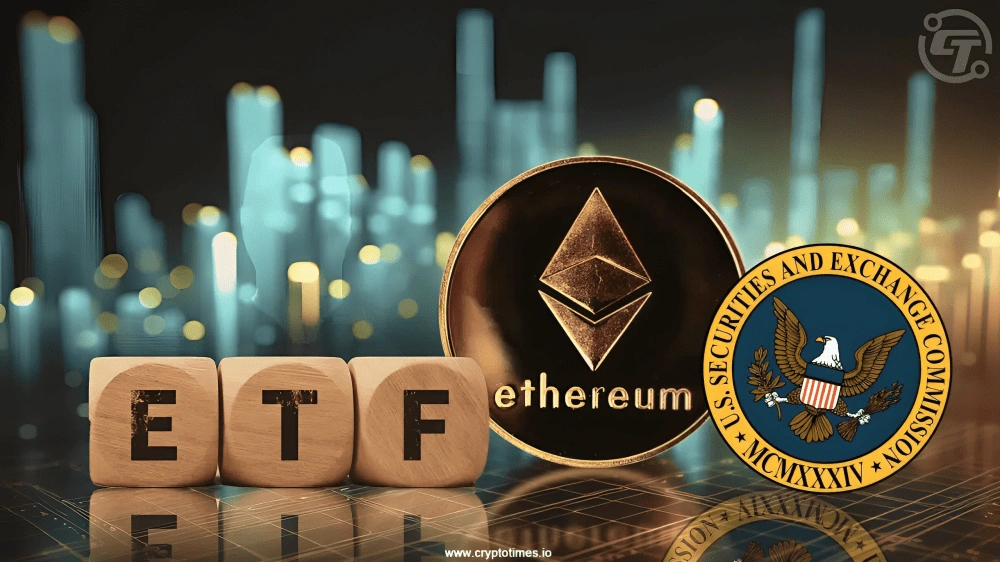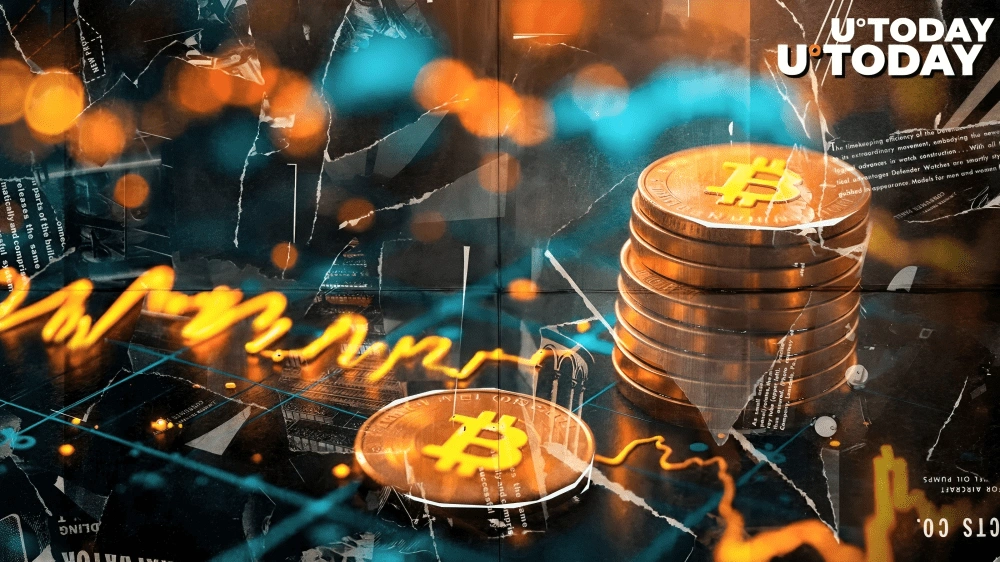A US congressman recently announced his own private holdings with weighty cryptocurrencies such as XRP, Solana (SOL) and Bitcoin (BTC), thereby triggering a stir in both the cryptocurrency world and the political world. Such revelations have opened discussions into the intermingling of politics with digital assets regulation, with the regulation in future as far as cryptocurrency is concerned. Now, what do we mean by all these and what could be their implication on the future?
Move Indeed A Bold in Environment Regulation
One of the most dramatic developments in the increasingly evolving relationship between government and elected officials with the burgeoning sector of digital assets is the congressman declaring his or her cryptocurrency holdings. Where many politicians have been guarded about revealing any public investment in cryptocurrencies, that very characteristic makes this particular parliamentarian bold. Thus, possibly some policymakers may soon be starting to view cryptocurrencies as real assets and rethink their former regulatory approaches.
With the increasing mainstream acceptance of the cryptocurrencies like XRP, SOL, and BTC, their prominence as a global financial tool becomes increasingly hard to ignore. The mere fact that a congressman would hold these digital assets is indicative of some degree of personal conviction as well as the potential that such assets might have. It may also be symptomatic that the lawmakers are becoming more comfortable in their roles in shaping the regulatory environment of crypto.
These contentions surrounding XRP clearly indicate the Ripple effect in regulatory debates. XRP has really been making waves in the marketplace since its association with Ripple Labs, but presumably more so with respect to its legal wrestling match with the SEC. Acquiring even this token could mean the conclusion of the congressman that the thorny issues concerning the legality of the token would, in fact, be favorable to the congressman. Should Ripple win its case against the SEC, it would potentially enable the greater institutional adoption of XRP, thereby enhancing the potential value and legitimacy.
Besides improving cross-border transactions, Ripple also has partnerships with many large financial institutions. So for investors in the attractiveness of looking to the future of digital finance, XRP is really more asset-based. The congressman making public his holding in XRP is probably an indication of belief in Ripple’s long-term prospects- he certainly corresponds with what seem to be his general notions on innovation and new developments in the financial arena.
Solana (SOL): Yet Another Emerging Contender in the Blockchain Contest
New contenders in the blockchain space, Solana (SOL) has continued to emerge, propelling itself as one of the blockchain platforms with the highest transaction speed and lower fees compared with others. On the growing ecosystem and adopted relations have placed SOL as a strong contender for winning the race to be the distributed applications’ (dApps) go-to platform. The representative’s take on holding Solana tokens shows an increased interest in what the blockchain could do for disrupting old line industries.
Attracting developers, investors, and projects from several sectors, including DeFi, NFTs, and many more, Solana’s fast-growing ecosystem continues. Space for scalability and progressive admission of that space without compromisation of security and decentralisation makes it the crowd. This really is a big endorsement from a congressman for Solana. Perhaps he sees this emerging technology as critical for some major applications in the next phase of broad adoption of blockchain, having large policy ramifications as regulators begin to focus on these new technological trends.
Bitcoin (BTC): The Standard-Bearer of Digital Assets
The first cryptocurrency in the world and indeed the best known to date, Bitcoin (BTC), has long been regarded as a store of value and a hedge against inflation. Its recognition as the market leader sees that Bitcoin continues to grow in dominance within the dynamic landscape of crypto, with institutionalized investors seeking BTC more regularly as they build cornerstones into their portfolios. The decentralized nature of Bitcoin is supplemented with an expectation of being disruptive in traditional banking systems or services.
For a congressman, perhaps the way of accumulating Bitcoin would be in part an indication of support for the movement essentially generated by the cryptocurrency-as-a-whole umbrella with respect to the reinvented global financial system. It has gained considerable traction from retail and institutional investors alike; with the resilience it has shown through market cycles, it should continue to earn its position as the leader of the asset class. The congressman reinforces the importance, in terms of future global finance, of blockchain technology and decentralized finance by adding BTC to his holdings.
The Political Ramifications of Cryptocurrency Ownership
While the cryptocurrency holdings of any congressman might strike a casual observer as trivial, in today’s world they carry infinitely more political weight. As lawmakers increasingly step into the digital assets camp, their positions on regulation will prove consequential for the industry. Such a congressional disclosure could further discussion as to the role of lawmakers in shaping clear, benevolent regulations for the crypto sector.
In the past, legislators were divided between those who preferred very stringent regulation on the use of cryptocurrencies and those who called for very lenient approaches. Recent revelation shows that some legislators may now be more amenable to the benefits that cryptocurrency adoption has to offer. This would eventually result in more progressive policies that foster innovation while at the same time protecting consumers and the financial system.
Subsequent Regulatory Scenario for Cryptocurrencies
It is during this crucial juncture that the lawmaker is disclosing his holdings in cryptocurrencies for while the debate on how to define digital assets – as commodities, securities or otherwise is on, the requirement for clear and consistent regulation just becomes more apparent. This public admission of personal involvement in matters cryptocurrency may be a first step by the congressman toward his own claim-to-likeness-of-himself as an advocate for progressive legislation that is hoped to spur future innovative development in the digital asset space.
The government of the United States has already undertaken legislative action regarding cryptocurrency regulation with the SEC and others working on how different tokens should be classified under other laws. If much can be inferred from the congressman’s holding of XRP, SOL, and BTC, that is, he is on board on sensible regulations that would promote growth yet provide protection for investors and consumers.
Conclusion
Disclosing crypto holdings of congressman of USA turns to be an event of significance that could have drastic dimensions in shaping the future of digital assets. This declaration might well serve as a precursor to moving toward anything more regulatory favor for the beloved coins as XRP, solana and Bitcoin by the congressman; this might mean higher investor confidence, especially for those reticent with much scrutiny on regulators’ not-so-free lines.
For crypto investors, it is as good a reminder of evolution in the landscape, one affected by lawmakers into the future. As more and more politicians recognize the advent of digital assets, they may seek to create regulations that advance per innovation and ensure safe holding of the financial system.
Such adoption continues to grow, making it even important for these investors to recognize that the changing politics have their hands on the continually developing future of digital currencies.





